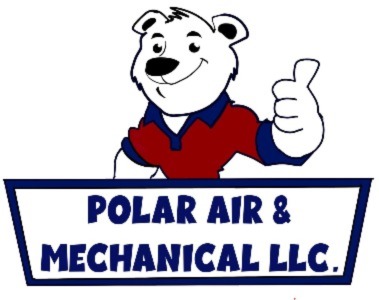
We spend a good majority of our time inside. In fact, the Environmental Protection Agency (EPA) has determined being inside accounts for 90% of our time. Although, the EPA also says your indoor air can be three to five times worse than outside your home.
That’s due to the fact our houses are tightly sealed to enhance energy efficiency. While this is great for your utility bills, it’s not so great if you’re amid the 40% of the population with respiratory allergies.
When outside ventilation is insufficient, pollutants like dust and volatile organic compounds (VOCs) can get trapped. As a result, these pollutants might irritate your allergies.
You can boost your indoor air quality with fresh air and routine cleaning and vacuuming. But if you’re still having issues with symptoms during the time you’re at home, an air purifier could be able to provide relief.
While it can’t remove pollutants that have landed on your furniture or carpet, it can help clean the air moving across your home.
And air purification has also been scientifically verified to help lower some allergic symptoms, according to the American College of Allergy, Asthma and Immunology. It could also be useful if you or a family member has lung trouble, like emphysema or COPD.
There are two options, a portable air purifier or a whole-home air purifier. We’ll discuss the distinctions so you can determine what’s right for your house.
Whole-House Air Purifier vs. Portable Air Purifiers
A portable air purifier is for one room. A whole-house air purifier works alongside your heating and cooling equipment to treat your full home. Some kinds can work by themselves when your HVAC system isn’t running.
What’s the Best Air Purifier for Allergies?
Seek an option with a High Efficiency Particulate Air (HEPA) filter. HEPA filters are used in hospitals and offer the most comprehensive filtration you can find, as they trap 99.97% of particles in the air.
HEPA filters are even more beneficial when combined with an ultraviolet (UV) germicidal light. This mighty mixture can destroy dust, dander, pollen and mold, all of which are standard allergens. For the greatest in air purification, evaluate equipment that also has a carbon-based filter to reduce household vapors.
Avoid buying an air purifier that creates ozone, which is the main ingredient in smog. The EPA warns ozone could worsen respiratory issues, even when discharged at low amounts.
The Allergy and Asthma Foundation of America has made a checklist of questions to ask when getting an air purifier.
- What can this purifier extract from the air? What doesn’t it extract?
- What’s its clean air delivery rate? (A bigger amount means air will be purified more rapidly.)
- How regularly does the filter or UV bulb need to be changed]? Can I finish that on my own?
- How much do spare filters or bulbs cost?
How to Reduce Seasonal Allergy Symptoms
Want to have the {top|most excellent|best] performance from your new air purification system? The Mayo Clinic suggests completing other measures to decrease your exposure to seasonal allergy triggers.
- Stay inside and keep windows and doors shut when pollen counts are elevated.
- Have other household members mow the lawn or pull weeds, since this work can irritate symptoms. If you must do these jobs alone, consider trying a pollen mask. You should also shower right away and put on clean clothes once you’re done.
- Avoid hanging laundry outside your home.
- Run your air conditioner while indoors or while in the car. Consider installing a high efficiency air filter in your house’s HVAC unit.
- Balance your residence’s humidity percentage with a whole-house dehumidifier.
- Hardwood, tile or linoleum are the best flooring types for reducing indoor allergens. If your house has carpet, add a HEPA filter on your vacuum cleaner.
Let Our Specialists Take Care of Your Indoor Air Quality Necessities
Prepared to take the next step with getting a whole-house air purifier? Give our specialists a call at 843-484-3783 or contact us online to get an appointment. We’ll help you find the best equipment for your residence and budget.


